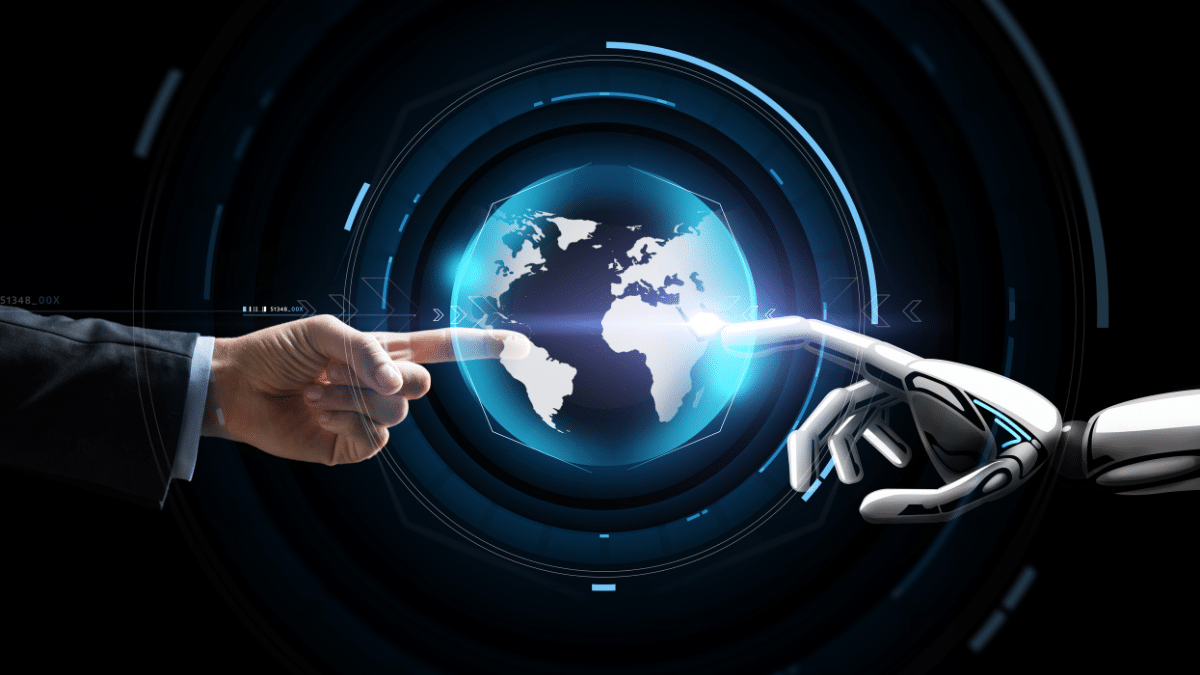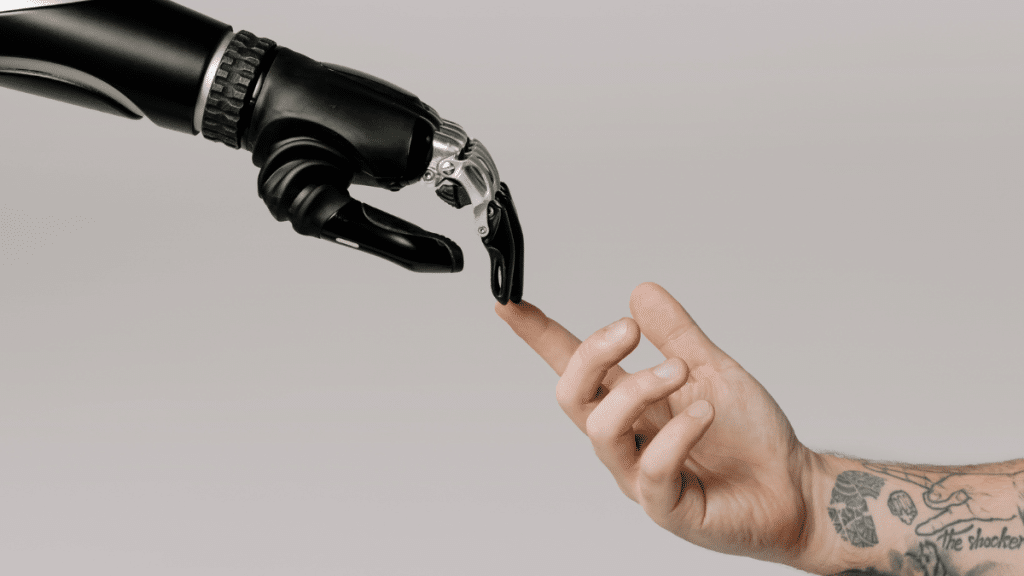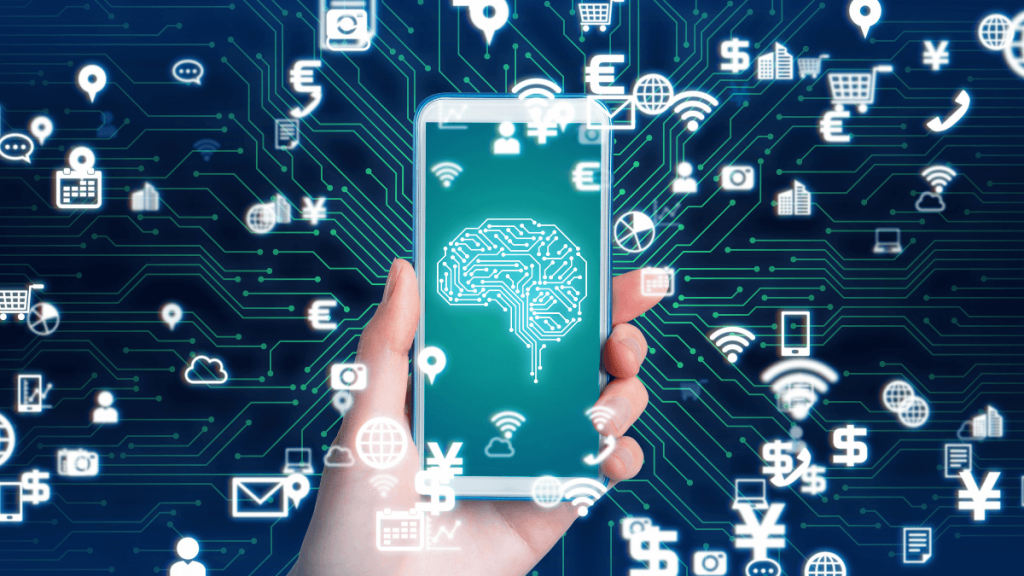The Future of Work: What AI Means for Australians

From chatbots handling customer queries to machines writing code and analysing complex data, artificial intelligence (AI) is no longer the future—it’s already here. As AI continues to evolve, so too does the Australian job landscape. While some fear a robotic takeover, others see a new frontier of opportunity. So, where does that leave Australian workers? And what does the future of work really look like in the age of AI?
This article unpacks the current AI revolution, its effects on Aussie jobs, and what Australians need to know to stay ahead of the curve.
A Glimpse Into the AI Boom
Over the past decade, AI has grown from a fringe tech concept into a multi-billion-dollar industry. Australia, like much of the world, has embraced AI across sectors—healthcare, finance, logistics, retail, education, and mining to name a few. From AI-assisted diagnoses in hospitals to machine learning algorithms in banking and predictive maintenance in manufacturing, AI has become an unseen force quietly boosting productivity.
But it’s not just about convenience. Businesses are investing heavily in AI because it cuts costs, speeds up operations, and offers data-driven insights. According to a report by CSIRO’s Data61, AI could contribute over $20 trillion globally by 2030, with Australia set to benefit significantly if the right strategies are implemented.
Will AI Take Australian Jobs?

Let’s address the elephant in the room: Will AI take Australian jobs? The short answer is yes—but it’s more complicated than that.
AI will automate certain tasks, which naturally means some roles will evolve or disappear entirely. Repetitive, rule-based jobs are the most vulnerable. Think data entry clerks, telemarketers, or even checkout staff. A 2023 report from the Tech Council of Australia predicted that up to 2.7 million Aussie jobs could be affected by AI over the next 15 years.
However, that doesn’t mean 2.7 million people will be unemployed. Automation tends to shift rather than eliminate employment. For instance, bank tellers lost some roles due to ATMs, but many found new roles in customer service, advisory, or digital banking support. Similarly, AI will create demand for new job categories we haven’t yet imagined.
The AI impact on Australian jobs is nuanced. Some will disappear, some will transform, and others will emerge from the digital ashes.
Which Jobs Are Most at Risk?
Jobs involving predictable, repetitive tasks—whether physical or cognitive—are the most at risk. According to the National Skills Commission:
- Administrative support roles (data entry, scheduling)
- Basic accounting and bookkeeping positions
- Routine manufacturing jobs
- Telemarketing and low-level customer service
These roles rely on repeatable actions that AI and automation can handle faster and cheaper.
However, roles requiring empathy, creativity, and complex decision-making are much harder to replace. Healthcare professionals, social workers, educators, tradespeople, and artists fall into this category. While AI might assist these roles, it won’t easily replace them.
The Rise of the Augmented Worker

Rather than thinking in terms of job loss, many experts urge us to think about job evolution. AI will likely become a co-worker, not a competitor. This is the age of the “augmented worker”—someone who works alongside intelligent systems to do their job better, faster, and more creatively.
In journalism, for instance, AI can help scan vast databases, identify patterns, or even draft first versions of stories—but human journalists are still needed for nuance, context, and ethical judgment. In construction, AI can monitor safety, predict supply needs, and optimise timelines, while workers remain in charge of real-world execution.
In this scenario, human-AI collaboration becomes the future of work.
Skills That Will Matter Most
As the workplace evolves, so too must the skillset of the modern Aussie worker. According to the World Economic Forum, future-proof jobs will favour:
- Critical thinking and problem-solving
- Digital literacy and data interpretation
- Emotional intelligence and interpersonal skills
- Adaptability and lifelong learning mindset
STEM skills—particularly in AI, data science, cybersecurity, and robotics—will be in high demand. But soft skills like empathy, leadership, and communication are equally valuable, especially in jobs where machines fall short.
Vocational education and training (VET) providers, universities, and employers will all play a role in upskilling Australians for the AI era.
Industry Snapshots: Winners and Losers
Here’s a closer look at how AI is reshaping some major Australian industries:
Healthcare
AI is revolutionising healthcare—from diagnosing diseases to predicting patient outcomes. Radiologists now use AI to spot anomalies in scans, while chatbots assist with mental health support. But far from replacing doctors, AI is making their work more precise and efficient. Human care remains irreplaceable.
Agriculture
Smart farming is on the rise. AI can monitor crop health via drones, automate irrigation, and forecast yields with striking accuracy. This means fewer labour-intensive tasks and more tech-savvy roles in agritech and analytics.
Finance
Robo-advisors, algorithmic trading, and fraud detection systems are now commonplace. AI handles data-heavy tasks in seconds. However, financial advisors are still needed to provide customised, human-centric guidance.
Retail
Automation is changing everything from inventory management to customer service. AI-driven recommendation engines, cashier-less checkouts, and delivery drones are redefining the shopping experience. Yet, human staff remain vital for brand experience and customer trust.
Education
AI-powered tools are helping personalise learning, track student progress, and free up time for teachers. Rather than replace educators, these tools aim to support them by streamlining admin tasks and enhancing lesson planning.
AI, Equity, and the Rural Divide
While AI holds great promise, there’s also concern about inequality. Urban centres like Sydney, Melbourne, and Brisbane are more likely to benefit from AI due to their infrastructure, tech hubs, and access to skilled talent. Meanwhile, rural and regional areas may face higher risks of job displacement without adequate support or retraining opportunities.
Australia needs policies that ensure inclusive access to AI tools, education, and connectivity, or risk deepening the digital divide.
Government and Policy Responses
The Australian Government is aware of the shifting tide. Initiatives like the National Artificial Intelligence Centre, launched under CSIRO, are tasked with helping businesses and workers adapt. The Department of Industry, Science and Resources has also laid out ethical frameworks and guidelines for AI development in Australia.
However, policy must move faster. Experts are calling for:
- Greater investment in retraining programs
- Better funding for TAFE and VET pathways
- Stronger regulation on AI ethics and accountability
- Collaboration with industry to ensure job transition support
A proactive policy approach can help soften the blow and maximise the opportunities brought by AI.
The Role of Media and Pop Culture

Public fears around AI often stem from dystopian sci-fi tropes—machines rising up, mass unemployment, or surveillance states. While these concerns aren’t entirely unfounded, the reality is more nuanced.
Mainstream media and entertainment have a role in educating the public, not just alarming them. A balanced narrative—one that showcases both the risks and rewards of AI—is essential to building a workforce that feels empowered rather than threatened.
How Aussies Can Future-Proof Their Careers
It’s easy to feel overwhelmed, but the future doesn’t have to be bleak. Here are ways Australians can take charge of their career paths:
- Upskill and reskill regularly. Explore online courses, workshops, or formal education in digital tools and soft skills.
- Stay curious and flexible. Embrace change as a constant in the modern workplace.
- Get comfortable with technology. Even basic digital literacy can go a long way in adapting to AI-enhanced roles.
- Network and collaborate. Engage in professional communities and stay informed about industry shifts.
- Focus on your human edge. Creativity, empathy, and complex judgment are your superpowers in an AI world.
A Nation of Innovators, Not Replacables
Australia has a proud history of innovation—from the black box flight recorder to Wi-Fi. There’s no reason we can’t lead the charge in ethical and equitable AI integration. But it requires commitment—from individuals, companies, and governments alike.
Rather than asking “Will AI take Australian jobs?”, perhaps the better question is “How can Australia shape the future of work with AI at our side?” The answer lies in embracing change, championing education, and keeping humanity at the centre of progress.
Conclusion

The AI revolution is well underway, and it’s reshaping the future of work in profound ways. The AI impact on Australian jobs won’t be uniform—some roles will vanish, many will transform, and new ones will rise. The challenge lies not in resisting change but in preparing for it with agility, vision, and compassion.
For Australian workers, the future isn’t about competing with machines—it’s about learning to collaborate with them.






